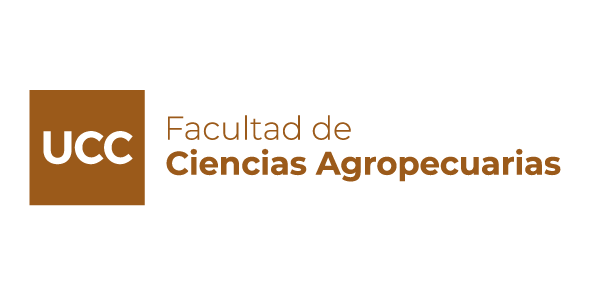Evaluation of antimicrobial resistance in Enterococcus spp. isolated from wild birds in recreational areas of Córdoba
DOI:
https://doi.org/10.22529/me.2024.9S(2)02Keywords:
Enterococcus, Antimicrobial resistance, Public Health, Zoonosis, Pigeons and wild birds, public recreational spacesAbstract
“The identification of antimicrobial-resistant Enterococcus strains in wild birds that frequent open urban
environments such as squares and/or parks is crucial for public health since they are considered important
reservoirs of pathogens that can affect the health of adults and children, through contact with the droppings
and feces that these birds disperse. Although Enterococcus spp., is not a common zoonotic pathogen, the
presence of strains carrying resistance genes isolated from fecal matter of these birds increases the risk of
transmission to humans and other species, especially people with weakened immune systems. Finally,
monitoring Enterococcus in wild birds in urban areas can serve as an early indicator of the emergence or
expansion of antimicrobial resistance in an area. This provides valuable information to implement control
strategies and health policies before the problem worsens. The following study aimed to determine the
presence or absence of Enterococcus spp., in feces of wild birds obtained in urban environments and
characterize the strains to evaluate the resistance profile to antibiotics of importance for Public Health.
contamination scenarios.
Published
How to Cite
Issue
Section
License
Copyright (c) 2024 Methodo Investigación Aplicada a las Ciencias Biológicas

This work is licensed under a Creative Commons Attribution-NonCommercial-ShareAlike 4.0 International License.




















